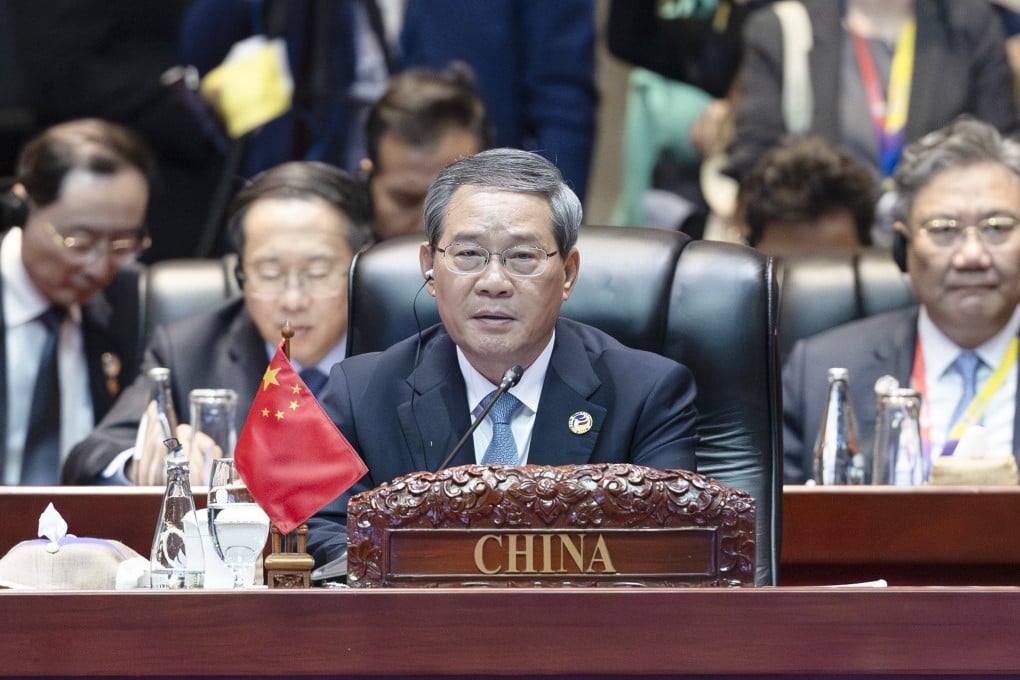Asean’s unity under challenge as power rivalries at East Asia Summit expose its weaknesses
A move by Russia and China to block an Asean-led statement at the summit reflects a ‘battleground between two blocs’, one analyst says

Alexander Vuving, a professor at the Asia-Pacific Centre for Security Studies in Hawaii, said the development “indicates an unprecedented level of Sino-Russian solidarity in opposition to Asean unity”.
He noted that it was likely the first time Russia had partnered with China to block an EAS statement that had been unanimously approved by Asean.
The US, Japan, Australia, South Korea and India had said they would support the draft statement, the official said. “The Russians and the Chinese said that they could not and would not proceed with a statement,” the official added.
Comprising 18 members - 10 from Asean and its eight dialogue partners Australia, China, India, Japan, New Zealand, Russia, South Korea and the US – the Asean-led EAS began in 2005 as a platform to discuss security issues. Since then, it has expanded its scope to include economic and development issues.
